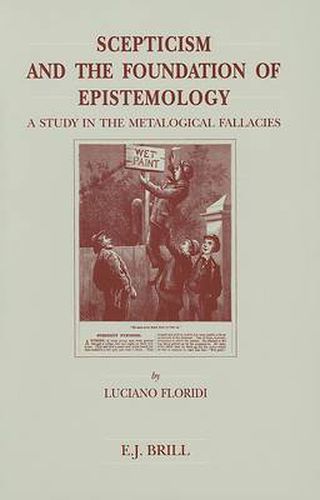Readings Newsletter
Become a Readings Member to make your shopping experience even easier.
Sign in or sign up for free!
You’re not far away from qualifying for FREE standard shipping within Australia
You’ve qualified for FREE standard shipping within Australia
The cart is loading…






Can knowledge provide its own justification? This sceptical challenge - known as the problem of the criterion - is one of the major issues in the history of epistemology, and this volume provides its first comprehensive study, in a span of time that goes from Sextus Empiricus to Quince. After an essential introduction to the notions of knowledge and of philosophy of knowledge, the book provides a detailed reconstruction of the history of the problem. There follows a conceptual analysis of its logical features, and a comparative examination of a phenomenology of solution that have been suggested in the course of the history of philosophy in order to overcome it, from Descartes to Popper. In this context, an indirect approach to the problem of the criterion is defended as the most successful strategy against the sceptical challenge.
$9.00 standard shipping within Australia
FREE standard shipping within Australia for orders over $100.00
Express & International shipping calculated at checkout
Can knowledge provide its own justification? This sceptical challenge - known as the problem of the criterion - is one of the major issues in the history of epistemology, and this volume provides its first comprehensive study, in a span of time that goes from Sextus Empiricus to Quince. After an essential introduction to the notions of knowledge and of philosophy of knowledge, the book provides a detailed reconstruction of the history of the problem. There follows a conceptual analysis of its logical features, and a comparative examination of a phenomenology of solution that have been suggested in the course of the history of philosophy in order to overcome it, from Descartes to Popper. In this context, an indirect approach to the problem of the criterion is defended as the most successful strategy against the sceptical challenge.